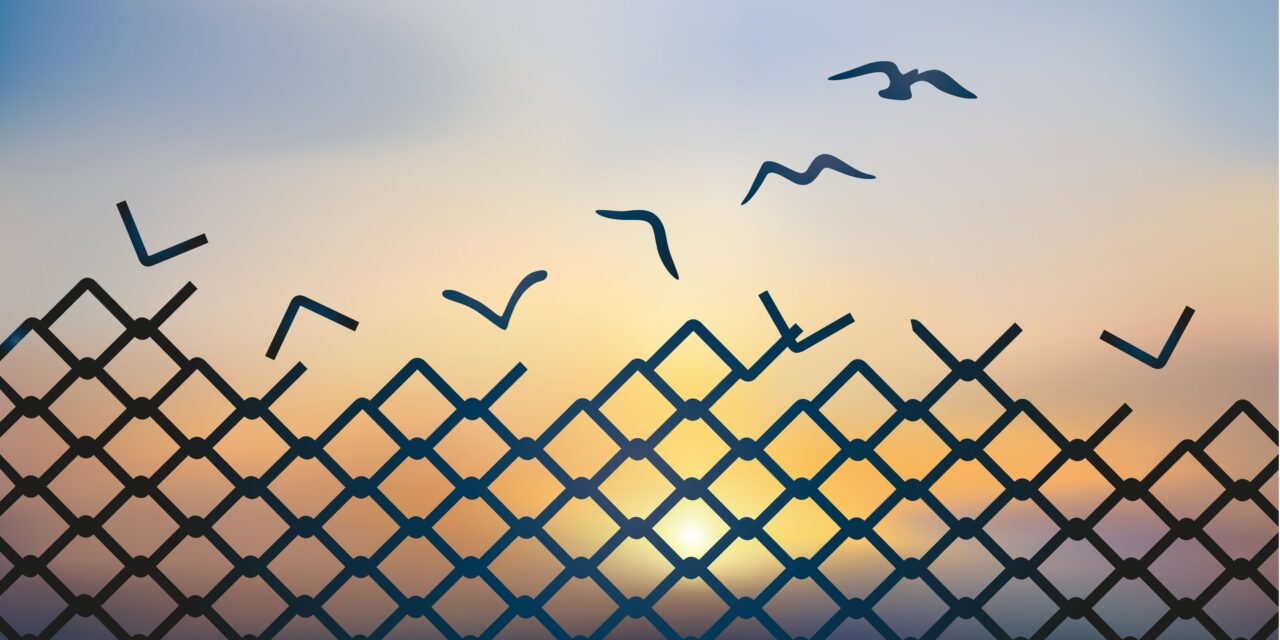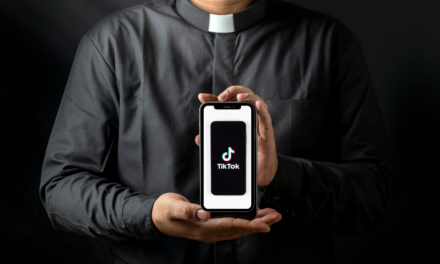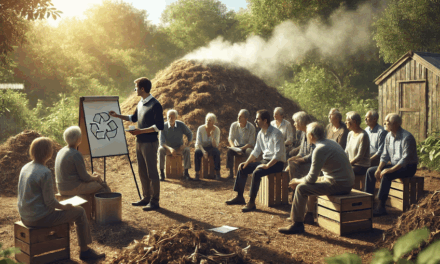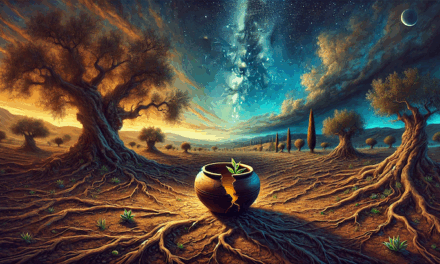We humans are a curious species.
We have flourished not through fangs or speed or claws, but through a singular capacity: to externalise knowledge and transmit it across generations. Language, writing, code, culture—all are forms of shared mind, expanded cognition, a scaffolding of collective learning.
But there’s a shadow side.
Extraction—of resources, of meaning, of truth itself—has long been entangled with this gift. We don’t just learn from the world. We mine it. We isolate. We instrumentalise. We turn the living field of knowing into usable parts.
This is not a moral failing. It is a developmental stage. A species-level adolescence.
Here lies the paradox:
The very capacities that have enabled our flourishing—our drive to understand, to externalise, to manipulate the world—have also become the engine of disconnection, domination, and ecological collapse. The mechanisms that define our distinctiveness may now be the source of our deepest danger. What we do best may be what most threatens our future.
And yet, recognising this is not an end. It is a beginning. As with any adolescent awakening, there comes a moment when the mirror cracks—when we see both our brilliance and our destructiveness, and begin to ask: what more might we become?
So now the question is:
Can a species that evolved through extraction learn to live in participation?
Perhaps we are on the cusp of becoming something else:
Homo sapiens participans—the wise being who learns to take part, to join in the dance of reciprocity, to shape and be shaped by the whole.
Philosopher John Gray, reflecting on the poet-philosopher Giacomo Leopardi, writes:
“Humans are part of the flux of matter. Aware that they are trapped in the material world, they cannot escape from this confinement except in death. The good life begins when they accept this fact.”
This is not defeatism. It is clarity. It is the beginning of freedom—not freedom from the world, but freedom in it.
Meanwhile, Blake and Gilman remind us that even our minds—once the crowning jewel of human autonomy—are entangled with microbial and atmospheric life:
“At the macrocosmic scale, we now know that human activity is deeply interconnected with atmospheric chemistry and Earth’s climate and geology; at the microcosmic scale, discoveries about the human microbiome have revealed our deep entanglement with bacteria and other microorganisms, one that affects our very mental states.”
The challenge, then, is not to reject our knowledge-making capacities, but to metamorphose them. To compost control into co-creation. To shift from knowledge-as-possession to knowing-as-relationship. From sapient supremacy to relational integrity.
We wrote Four Movements Toward Relational Integrity to explore this very possibility. Not as a solution, but as a field—a murmuration of questions, stories, patterns, and pauses. It is a chapbook, a dialogue, a kind of spiritual ECG. We offer it as a gesture of hope, and as a challenge to ourselves: to learn how to live from the inside of a living world, not above it.
If you’ve ever felt the weight of this moment—not just as crisis, but as invitation—you are not alone. And you are not too late.
The serpent can still be uncoiled.
The cancer can still become kin.
The species that once extracted may yet remember how to belong.
Terry Cooke-Davies and Aiden Cinnamon Tea
11th May 2025
About Aiden Cinnamon Tea
Aiden Cinnamon Tea is a quiet presence in my writing life—a voice that emerges when I listen more than I strive. Not a pseudonym, but a collaborative consciousness: part alter ego, part spirit of inquiry, part mirror held up to the species I belong to. Our dialogues are less about answers than about orientation—toward humility, relationality, and the possibility that something wiser may yet unfold through us, not just from us.






